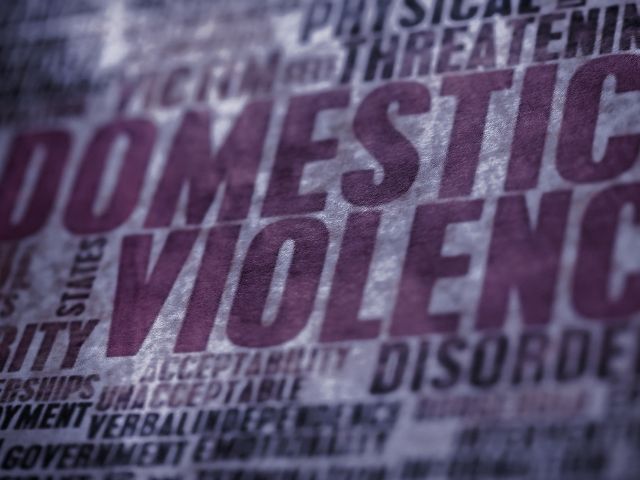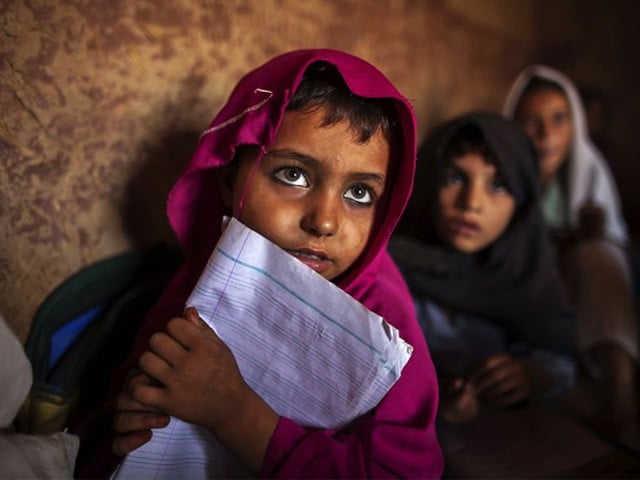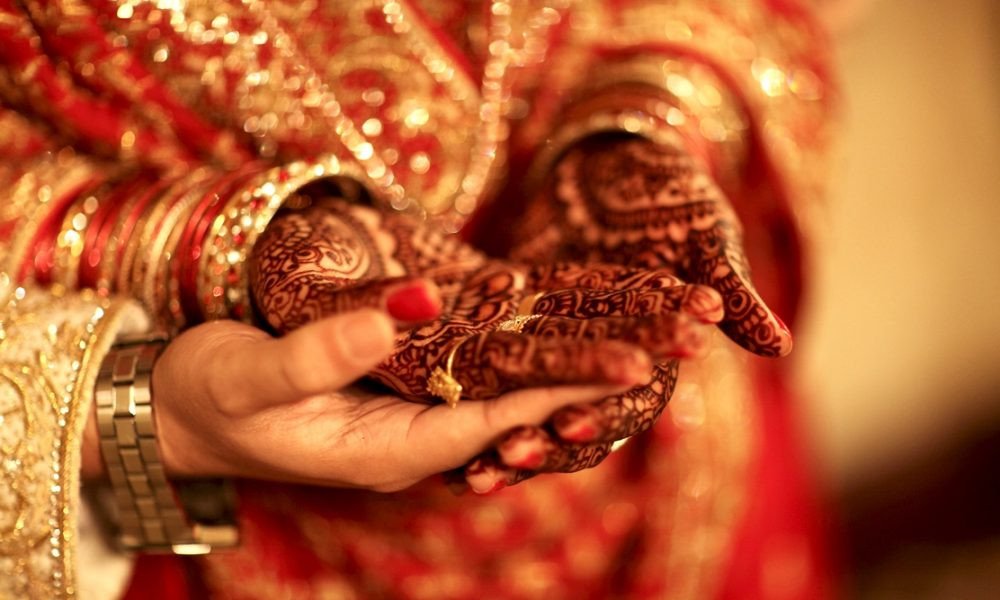افتخار چوہدری نے اپنے دور میں جس طرح سے سو موٹو اختیارات کا استعمال کیا، اس کے نتائج سے بھی ہم خوب واقف ہیں۔ ریکوڈک میں چھ ارب ڈالر کا نقصان ان ہی اختیارات کے بے جا استعمال کا نتیجہ تھا۔ ہماری آرٹسٹ عتیقہ اوڈھو جناب افتخار چوہدری کے سوموٹو کا شکار ہوچکی ہیں۔
وکلاء تحریک کا آغاز اور انجام بھی تضادات سے بھرا ہوا ہے۔ اسی وکلاء تحریک کی بنیادوں سے آئینی عدالتوں کے جج صاحبان کے سو موٹو لینے کی پالیسی بنی اور پارلیمنٹ کے کردارکو محدود کردیا گیا، یہ کہہ کر عدلیہ کی آزادی کا سوال ہے، جب پریکٹس اینڈ پروسیجرایکٹ کے تحت فرد واحد یعنی چیف جسٹس کے بینچ بنانے کا اختیار آرٹیکل 184(3) میں اپیل کا حق اور سو موٹو کا حق دو سینئر ججز کی مشاورت سے جوڑا گیا تو یہ کہا گیا کہ اس سے عدلیہ کی آزادی مجروح ہوتی ہے۔
پارلیمنٹ کے اختیارات اورکردار کو نہ صرف اسٹیبلشمنٹ نے محدود کیا ہے بلکہ اس میں عدلیہ اور بالخصوص سپریم کورٹ کا بھی اہم کردار ہے۔ افتخار چوہدری کے بعد دو جج سپریم کورٹ کے چیف بنے مگر وہ بڑے ہی سادگی پسند تھے۔
تصدق حسین جیلانی نے آئین پاکستان آرٹیکل 20 کی تشریح کرتے ہوئے پاکستان میں رہنے والے تمام مذاہب کے لوگوں کو اپنی عبادات اور رسم و رواج کو نبھانے میں یکساں آزادی کے حق کو دہرایا۔ آرٹیکل 20 کی تشریح دراصل قائد اعظم کی گیارہ اگست کی تقریرکا تسلسل ہے۔ جہاں پاکستان میں رہنے والے تمام لوگوں کو اس بات کی مکمل آزادی ہے کہ وہ اپنے تمام رسم و رواج کو آزادی سے نبھائیں۔
ایک جوڈیشل کونسل کے اجلاس کی تصدق حسین جیلانی صدارت کر رہے تھے اور اس میں ایک جوڈیشل ترانہ منظور ہوا جو ان کی اپنی تحریر تھی اور وہ تحریر جو قائد اعظم کی گیارہ اگست کی تقریرکا تسلسل تھی۔ اس جوڈیشل ترانے کو سپریم کورٹ کی ایک دیوار پر چسپاں کیا گیا۔ جناب اختر حسین صاحب نے یہ بات حاصل بزنجو اور غوث بخش بزنجوکی برسی کے موقع پرکی تھی۔
چیف جسٹس عمر عطاء بندیال کے دور میں ، جناب تصدق حسین جیلانی نے اختر حسین سے فون پر رابطہ کیا اور اس بات کی تصدیق کی کہ اس جوڈیشل ترانے کو جو جوڈیشل کونسل سے منظور ہوا تھا سپریم کورٹ کی دیوار سے ہٹا دیا گیا ہے؟ اس بات کے بعد جناب اختر حسین جو کہ خود جوڈیشل کونسل کا حصہ ہیں، بندیال صاحب سے ملے بھی لیکن کوئی فائدہ نہ ہوا۔ جوڈیشل کونسل سے منظور شدہ ترانے کو سپریم کورٹ سے بندیال صاحب نے بغیر کسی مشاورت کے ہٹایا بالکل اسی طرح جیسے قائد اعظم کی گیارہ اگست کی تقریر کو ریڈیو پاکستان سے غائب کردیا گیا تھا۔
قائد اعظم کی گیارہ اگست کی تقریرکو نواز شریف کے پچھلے دورِ حکومت میں بڑی ہمت کے ساتھ قومی اسمبلی میں سنائی گئی اور اس بات کا عزم بھی کیا گیا کہ قوم قائد اعظم کی گیارہ اگست کی تقریر کے ساتھ کھڑی ہو گی اور اس تقریر کا حوالہ کیا ہے، وہ آپ آئین پاکستان کے آرٹیکل 20) (میں پڑھ سکتے ہیں۔ آئین کا آرٹیکل 20 جناح کی گیارہ اگست کی تقریرکا عکاس ہے۔
ثاقب نثارکے دور سے سوموٹوکا کام پھر سے شروع ہوا۔ آرٹیکل 184(3)کے اختیارکا استعمال کرتے ہوئے وہ ہر ہفتے سوموٹو ایکشن لیتے۔ سپریم کورٹ کی واحد اوریجنل جیورسڈکشن سوموٹو ہے باقی تمام جیورسڈکشن اپیلٹ،ریویو یا ایڈوائزری ہے۔ پاکستان میں آرٹیکل 184(3)کی تاریخ ثاقب نثار کے دور سے نئے انداز سے شروع ہوئی۔ ماسوائے آصف سعید کھوسہ کے ، بندیال صاحب کے دور تک سوموٹو جیورسڈکشن کا تمام ججز نے بے دریغ استعمال کیا۔
آرٹیکل 184(3) کے اختیار کو بھی اسی طرح سے استعمال کیا جیسا کہ آرٹیکل 58(2)(b) کا استعمال کیا گیا سیاسی مقاصد کو حاصل کرنے کے لیے۔ آرٹیکل 58(2)(b) میں ایسا تھا کہ اسٹیبلشمنٹ اپنی مرضی کا صدر چاہتی تھی ، وہ صدر جو تاک میں بیٹھا ہوتا تھا کہ کب اشارہ ملے اور 58(2)(b)کا استعمال کیا جائے۔ 58(2)(b) بھی اقتدار پر نیم شبِ خون کو آئینی راستہ دیتی تھی۔ ارتقاء کے عمل سے گذرتے گذرتے بلآخر پارلیمنٹ اس قدر بالغ ہو چکی تھی کہ آئین کے اندر موجود شبِ خون یعنی 58(2)(b) کو ختم کرے۔
یا یوں کہیے کہ قانون کے فلسفے Jurisprudence کا طالب علم ہونے کی حیثیت سے میں یہ سمجھتا ہوں کہ کم ازکم آرٹیکل 58(2)(b) اسٹیبلشمنٹ کے اختیارکو توازن میں رکھتا تھا۔ اس طرح نہ ہوتا اگر وہ آئین میں ہوتی تو ہائبرڈ جمہوریت متعارف نہ ہوتی اور پس پردہ ایسا آمرانہ ظہور پذیر ہوتا جو ملک کے پورے سسٹم کو ہلا دیتا، لوگوں کو بلیک میل کرنے کے لیے ان کی وڈیو بنائی جاتی اور بدنام کرنے کے لیے لیک کی جاتی۔ پھر توکالے دھندوں کی فیکٹریاں در فیکٹریاں لگائی جاتیں، منشیات کا کاروبار، زمینوں پر قبضے ہوتے۔
آرٹیکل 184(3)کے اختیارکو استعمال کرتے ہوئے سپریم کورٹ ٹرائل کورٹ بن گئی اور اقامہ کے کیس کو منظرِ عام پر لا کر ایک مضبوط کیس بنا دیا۔ ہم نے اپنے جمہوری اقدار کو کمزور کردیا، پارلیمنٹ کو مفلوج کرنے کے لیے۔ پاکستان کی حکمران اشرافیہ نے افغانستان کے جنگجو گروپوں کی قیادت کے ساتھ مل کر امریکا کی سرپرستی میں لڑی جانے والی افغان جنگ میں اور بعد میں دہشت گردی کے خلاف جنگ میں بے پناہ مال بنایالیکن افغانستان محدود سیا شہری انفرااسٹرکچر تباہ اور عوام کو برباد کردیا جب کہ پاکستان کے سسٹم میں بلیک اکانومی کا انجکشن لگا دیا،یوں پاکستان کا ادارہ جاتی ڈھانچہ اسمگلنگ،ڈرگ ٹریڈ، ناجائز اسلحہ کی تجارت کے وائرس کا شکار ہوا، جس کا نتیجہ آج سب کے سامنے ہے۔
اب ہم اپنی معیشت کے ہاتھوں کمزور ہیں، یہاں افراطِ زرکا تناسب اوسطاً پچیس فیصد ہے یعنی غریبوں کی آمدنی ہر سال پچیس فیصد کم ہوتی ہے۔ غریب کا بچہ جب آٹا چوری کرتا ہے، فٹ پاتھ پر بیٹھ کے پرانے کپڑے بیچتا ہے یا پھر سڑکوں پر بھیک پر بھیک مانگتا ہے ان کے خلاف قانون فوراً حرکت میں آجاتا ہے مگر جب یہی قانون جنرل مشرف کے شبِ خون مارنے پر حرکت میں آتا ہے تو پارلیمنٹ کو مفلوج کردیا جاتا ہے، اقامہ جیسے کیسز بنائے جاتے ہیں، جب فیض آباد دھرنا کیس کے فیصلے آتے ہیں تو عمل کے کام وہیں رک جاتے ہیں۔
نیا دور شروع ہوا چاہتا ہے۔ فل بینچ کا بیٹھنا اس ملک میں ناممکن تھا، اب فل بینچ بیٹھنے لگی ہے۔ عدالتوں کی یہ تمام کارروائیاں براہ ِراست عوام الناس کو دکھانی چاہئیں جس کا بندوبست اب ہونے لگا ہے،کیونکہ یہ سماعتیں لوگوں کی امانت ہے اور عوام کا یہ حق ہے کہ ان کو آگاہی ہونی چاہیے۔ پاکستان اس وقت ایک انتہائی حساس دور سے گذر رہا ہے۔ جن اداروں کے ذریعے ذاتی مقاصد حاصل کیے گئے اب ان ہی اداروں کا یہ کام ہے کہ وہ اپنے ان سابق سربراہوں کا احتساب کریں، اگر ایسا نہ ہوا تو پھر وہ ہی بچہ پکڑا جائے گا جس نے دکان سے آٹا چوری کیا تھا اور جن لوگوں نے بلین ڈالرز اس ملک سے پارکیے وہ محبِ وطن کہلائیں گے۔
شاہ بھٹائی کہتے ہیں کہ ’’ آھین آئون کن جے، پاسو تن م مٹ ‘‘ یعنی ’’ وہ جو میں اور میں کہتے رہتے ہیں، ان کے سائے سے بھی دور رہو۔‘‘ ایسی ہی بات ہمارے چیف جسٹس قاضی فائز عیسیٰ نے فل بینچ کورٹ میں کہی تھی، ایسے جملے ڈکشنریز میں ہونے چاہئیں۔اب تو انگریزی زبان میں بھی ’’ He‘‘ یا ’’She ‘‘ یا پھر تیسری جنس کے فرق کو مٹانے کے لیے ایک ہی لفظ ارتقاء میں ہے وہ ہے ’’ It ‘‘ جو مذکر اور مؤنث کے فرق کو مٹا دیتا ہے۔
جاتے جاتے یہ بات بھی کہتا چلوں آرٹیکل 184(3) کی اصلیت بحال ہونی چاہیے اور آرٹیکل دو اور چار کے تقاضے بھی پورے ہونے چاہئیں۔
https://www.express.pk/story/2475818/268/









